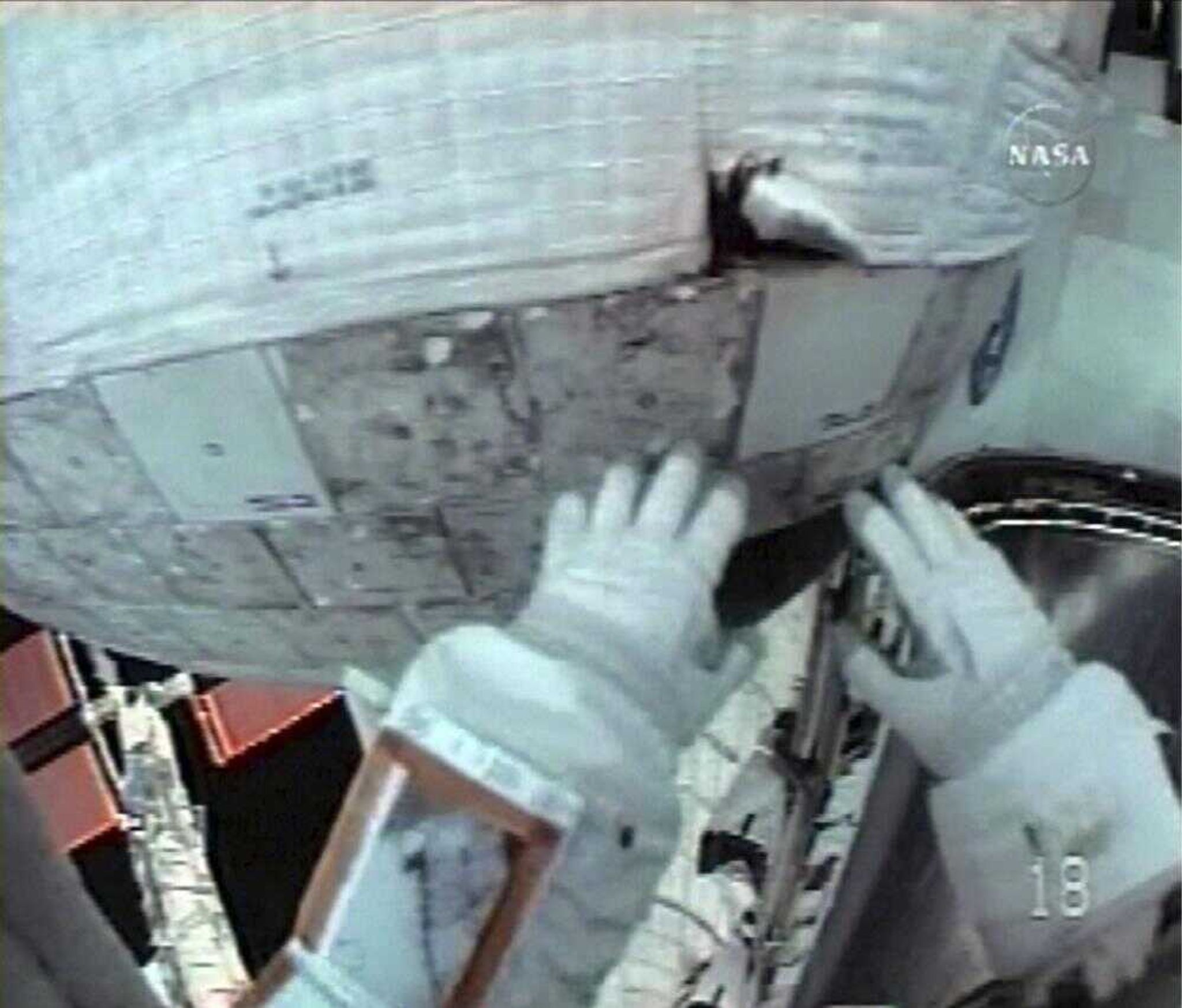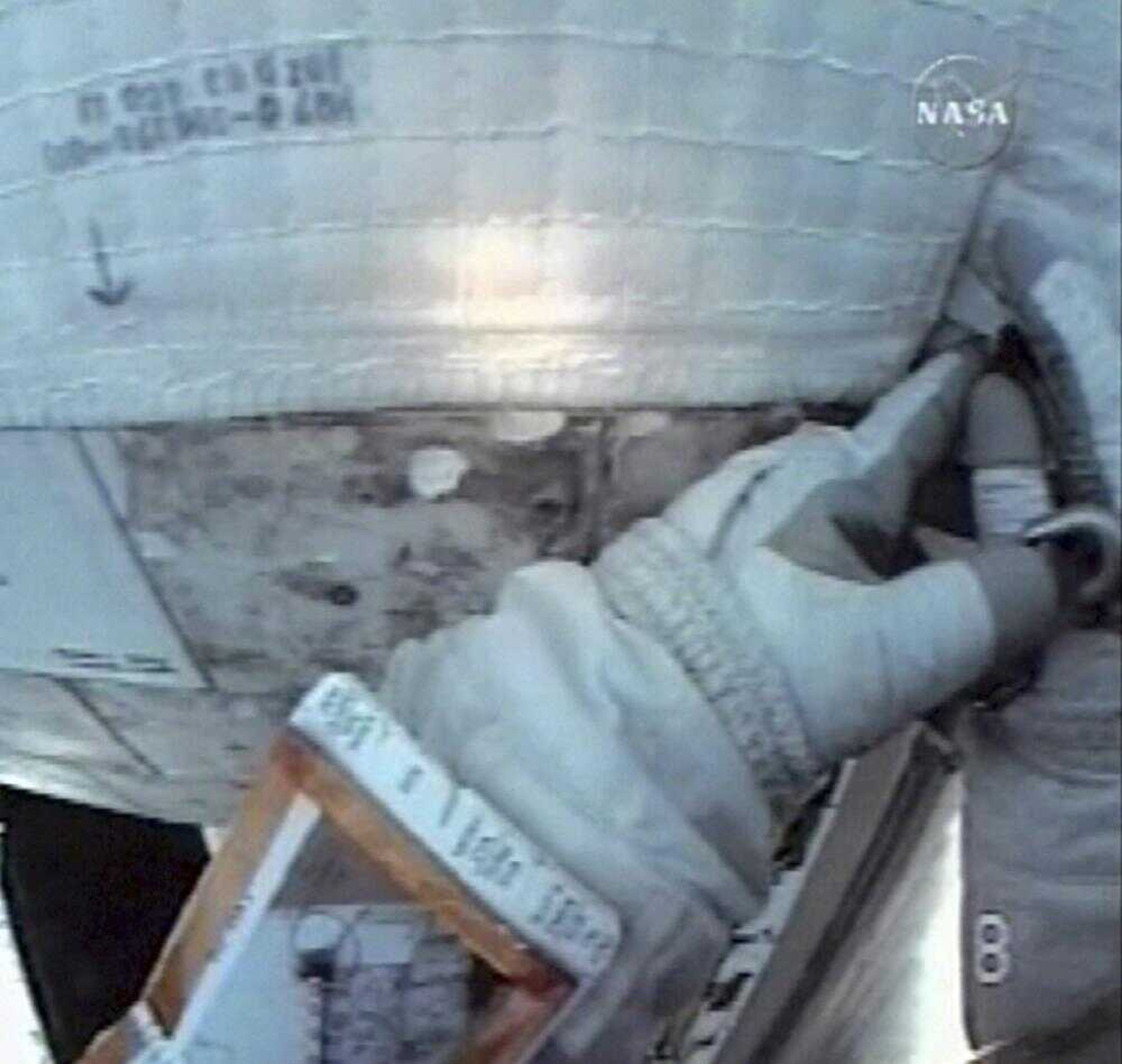NASA has no plans to leave space station
HOUSTON -- A U.S. space agency official rejected suggestions Friday that the international space station might have to be abandoned at some point if a failed computer system operated by NASA's Russian partners couldn't be restored. "There is nobody in this agency, or as far as I know in the Russian agency, that thinks this vehicle is at risk of being lost, not even remotely," said Mike Suffredini, space station program manager. "I have no plans to de-man the space station."...
HOUSTON -- A U.S. space agency official rejected suggestions Friday that the international space station might have to be abandoned at some point if a failed computer system operated by NASA's Russian partners couldn't be restored.
"There is nobody in this agency, or as far as I know in the Russian agency, that thinks this vehicle is at risk of being lost, not even remotely," said Mike Suffredini, space station program manager. "I have no plans to de-man the space station."
In the past, NASA and Russia have talked about operating the space station without people. If astronauts did have to leave, they'd be able to come back safely, Suffredini said.
"But we're really not there," he added. "We work problems like this all the time."
He said there was no urgency now that would require the crew of the outpost, which orbits about 200 miles above Earth, to come home. "We have plenty of [oxygen] gas to keep the crew on orbit for some time," Suffredini said.

Meanwhile, two astronauts from the space shuttle Atlantis, which arrived one week ago to continue construction work on the space station, began a spacewalk with two assignments: to disconnect a connector on a newly installed power-conducting truss that is a key suspect in the computer glitch, and repair a torn thermal blanket that helps protect the shuttle from heat on its return flight to Earth next week.
NASA suspects the connector because the Russian computers blinked out at about the same time the connector went on line. The connector isn't required for station operations until a later power hook-up, Suffredini said.
"It's circumstantial," he said. "We don't know if that's the cause."
Atlantis launched June 8, carrying seven astronauts to the space station to continue work on the long-running project, scheduled for completion in 2010. But plans for the 11-day mission were first disrupted by discovery of a rip in the thermal blanket -- a problem that has extended the mission by two days so that a repair spacewalk could be worked into the mission.
The computer breakdown added to the work assignment for the two spacewalkers, James Reilly and Danny Olivas.
Connect with the Southeast Missourian Newsroom:
For corrections to this story or other insights for the editor, click here. To submit a letter to the editor, click here. To learn about the Southeast Missourian’s AI Policy, click here.









